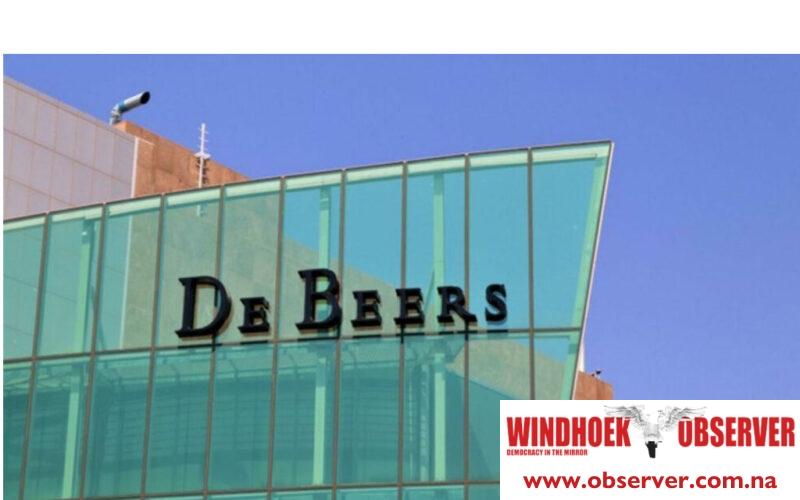De Beers and the Botswana government have concluded their negotiations over a new sales agreement for rough diamonds after more than five years of discussions. They haven’t signed yet: Bogolo Kenewendo, minister of minerals and energy, said she hoped this would happen later this month, a pronouncement De Beers CEO Al Cook met with a nod at a press briefing. All that remains are the ‘largely formulaic’ process of issuing the mining licenses, Cook told the audience.
The new government, under President Duma Boko’s Umbrella for Democratic Change (UDC) coalition, has touted the fact that it managed to seal the deal in 100 days. But why did it take so long under the old government and so little time under the current one?
The Botswana Democratic Party (BDP), which lost the national election in October, released a statement and claimed the De Beers deal was a ‘testament to the strategic vision, commitment, and expertise of the BDP-led government,’ which had been in power for almost 60 years and negotiated the agreement for all but the previous 100 days.
Former President Mokgweetsi Masisi’s party asked whether Boko’s government had ‘waived the tax that De Beers has been owing Botswana,’ on what terms, and whether “it” (presumably the waiver) totaled BWP 4 billion (about $290 million), BWP 7 billion (US$508 million), BWP 10 billion (US$725 million) or BWP 14 billion (US$1.02 billion).
“Under the BDP-led government, all key commercial terms were agreed upon in principle, and the only outstanding issue was the payment of this significant tax amount,” the statement continued. “It is our view that if the UDC administration has indeed waived these taxes, it would have made a reckless decision that deprives Batswana [the people of Botswana] of critical funds that could have been used to improve healthcare, education, and infrastructure as well as create jobs.”
The tax issue has been going on for years. In 2021, a confidential report by the Botswana Unified Revenue Service (BURS) claimed De Beers owed the state BWP 4 billion after optimizing its structure to lower its tax liability in the African country, according to local media. Botswana’s president’s office ordered BURS to write off the bill after the miner refused to sign the sales deal, according to another report in January 2023. It’s unclear when and whether this happened and why President Masisi and his party changed their stance toward the idea of a waiver, as appears to be the case.
“In line with the principles outlined in our board-approved tax strategy, we take a responsible approach to the management of taxes, supporting the principles of transparency and active and constructive engagement with our stakeholders,” a De Beers spokesperson said. -Rapaport News




